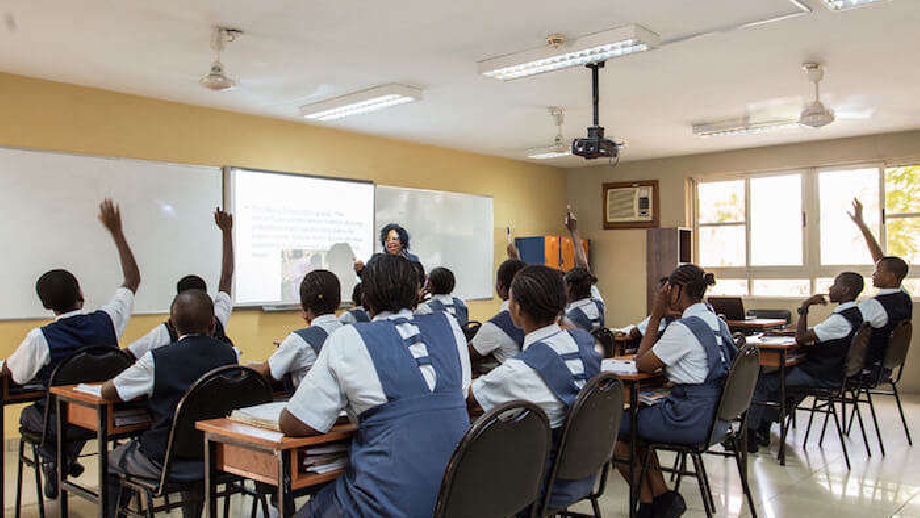
Overcrowded classrooms in poor learning conditions continue to plague public schools across Rivers State, even as successive governments allocate billions to the education sector.
In several primary and secondary schools visited by our correspondent in Port Harcourt and its outskirts, classrooms designed for 50 pupils are crammed with over 120 children.
In many cases, students are forced to sit on bare floors due to a chronic shortage of desks.
It was gathered that a number of schools have also seen multi-storey building plans abandoned or scaled down to modest bungalows, raising concerns about possible contract variations or project mismanagement.
A Budget that Keeps Growing, but So Do the Problems
The state's education budget has seen steady increases in recent years. Under the Wike administration, ₦27.1 billion was allocated to education in 2021. This rose to ₦33.8 billion in 2022 and ₦36.9 billion in 2023.
The now-suspended Governor Siminalayi Fubara pushed the figure up to ₦40.43 billion in 2024.
Earlier this year, before the federal declaration of a state of emergency in Rivers, the proposed 2025 budget earmarked a record ₦63 billion for education, targeting infrastructure upgrades and the recruitment of 3,000 new teachers.
However, that plan was shelved following President Bola Tinubu’s declaration of a state of emergency. Under the new emergency rule, the education budget has been revised upward to ₦75.6 billion. Yet despite these increases, little has changed in many schools.
Expert: “No Clear Vision, No Continuity”
Reacting to this, Dr. Ikechi Worgu, an educationist, told Nigeria Info that the growing budget allocations, while commendable, are yet to yield visible improvements.
“Education is a hydra-headed concern,” he said. “Without a clear vision for the sector, continuity is impossible, and proper appropriation of funds becomes a challenge.”
Dr. Worgu also highlighted non-budgetary problems, including the frequent use of students as cleaners for school compounds due to a lack of janitorial support.
He further noted that while infrastructure is critical, sustained investment in teacher training, digital tools, and maintenance systems is equally essential.
However, he noted how far off we are from releasing a wholly digital education system. “Some schools haven’t even sorted out chairs, let alone smart classrooms or digital inclusion.”
A Call for Public–Private Partnerships
Dr. Worgu believes a solution must go beyond government spending. He is calling on the private sector to take more responsibility, particularly in areas like furniture supply, learning materials, and support for tech integration.
“Corporate organizations can adopt schools, donate equipment, and even fund teacher retraining. The education of our children should not rest solely on government shoulders,” he argued.
He also advocated for greater accountability mechanisms: “We need stronger education inspectors and functional monitoring systems to ensure that money is not only spent but spent well.”
Looking Ahead
As Rivers State navigates the uncertainties of emergency governance, stakeholders hope that education will not be sidelined. While the ₦75.6 billion emergency education budget offers a chance to reset priorities, implementation remains the biggest challenge.
Without a shift in political will, sustained oversight, and a clear vision for what a functional school system should look like, experts warn that another generation of pupils may be condemned to overcrowded classrooms and broken promises.


